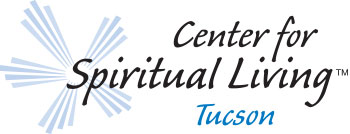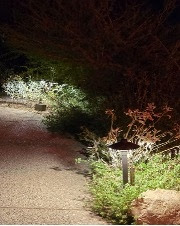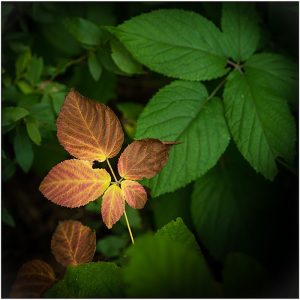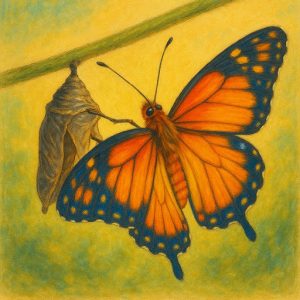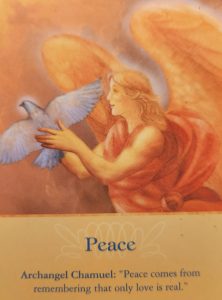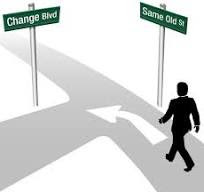The Causative Power of Gratitude: Living in the Flow of God and Science of Mind by Rev. Rhoni Tretsven
 The practice of gratitude is far more than polite appreciation; it is a foundational principle of creation, simultaneously revered in spiritual teachings and validated by modern neuroscience. Within the philosophy of Science of Mind, gratitude is understood not merely as a reaction to good fortune, but as a proactive, causative force. This spiritual perspective—that thankfulness is the key to drawing more good into one’s experience—finds stunning congruence with scientific research showing that gratitude literally rewires the brain for resilience, positivity, and well-being.
The practice of gratitude is far more than polite appreciation; it is a foundational principle of creation, simultaneously revered in spiritual teachings and validated by modern neuroscience. Within the philosophy of Science of Mind, gratitude is understood not merely as a reaction to good fortune, but as a proactive, causative force. This spiritual perspective—that thankfulness is the key to drawing more good into one’s experience—finds stunning congruence with scientific research showing that gratitude literally rewires the brain for resilience, positivity, and well-being.
In Science of Mind, founded by Ernest Holmes, the core premise is that the Universe is governed by a Universal Mind, or God, which responds to the beliefs and thoughts we hold. Affirmative prayer, or Spiritual Mind Treatment, is a five-step process that utilizes this understanding, and the fourth step is critically dedicated to Thanksgiving. By giving thanks in advance for the good we declare, we demonstrate an unwavering faith that the desired outcome is already complete in the Mind of God. This anticipatory gratitude shifts consciousness from lacking to having, thus aligning the individual with the creative process. It is the spiritual confidence that what is being sought is already a gift received, ensuring that the thought is released into the Universal Law of Cause and Effect for manifestation.
Remarkably, the science of gratitude offers a parallel mechanism. Neuroscientists have observed that intentionally practicing thankfulness activates the brain’s reward centers, such as the prefrontal cortex and the ventral striatum, leading to the release of “feel-good” neurotransmitters like dopamine and serotonin. This biological response not only improves mood and emotional regulation but also strengthens neural pathways associated with prosocial behavior and resilience. By consistently shifting focus from what is missing to what is present, gratitude acts as a mental filter, overcoming the brain’s natural negativity bias. This deliberate cognitive shift mirrors the spiritual redirection described by Holmes: the act of appreciation is the mechanism by which the individual changes their subjective reality.
Ultimately, living in the gratitude of God and Science of Mind means embracing thankfulness as an active, daily discipline that acknowledges the ever-present good. Whether viewed through a spiritual lens as aligning with the Universal Flow, or through a scientific lens as reinforcing positive neural circuitry, the outcome is the same: gratitude fundamentally transforms how one perceives and experiences the world. By consciously embodying appreciation, we move from being passive recipients of life’s circumstances to active co-creators of a more abundant and joyful reality.
–Namaste – Rev
